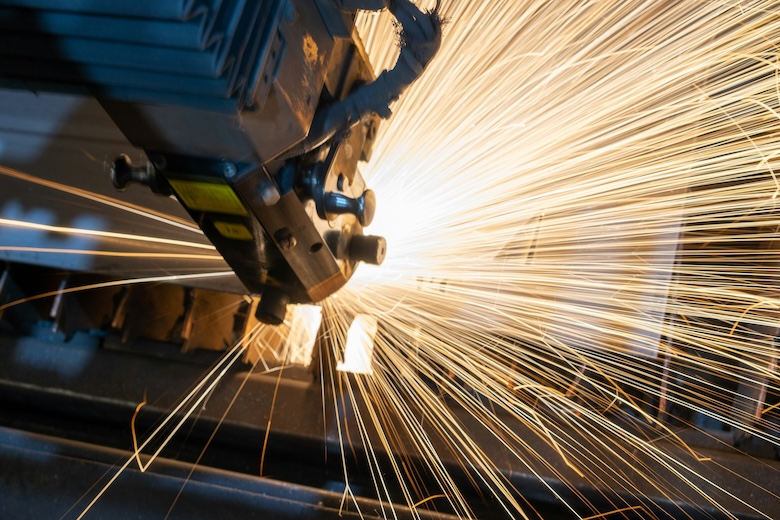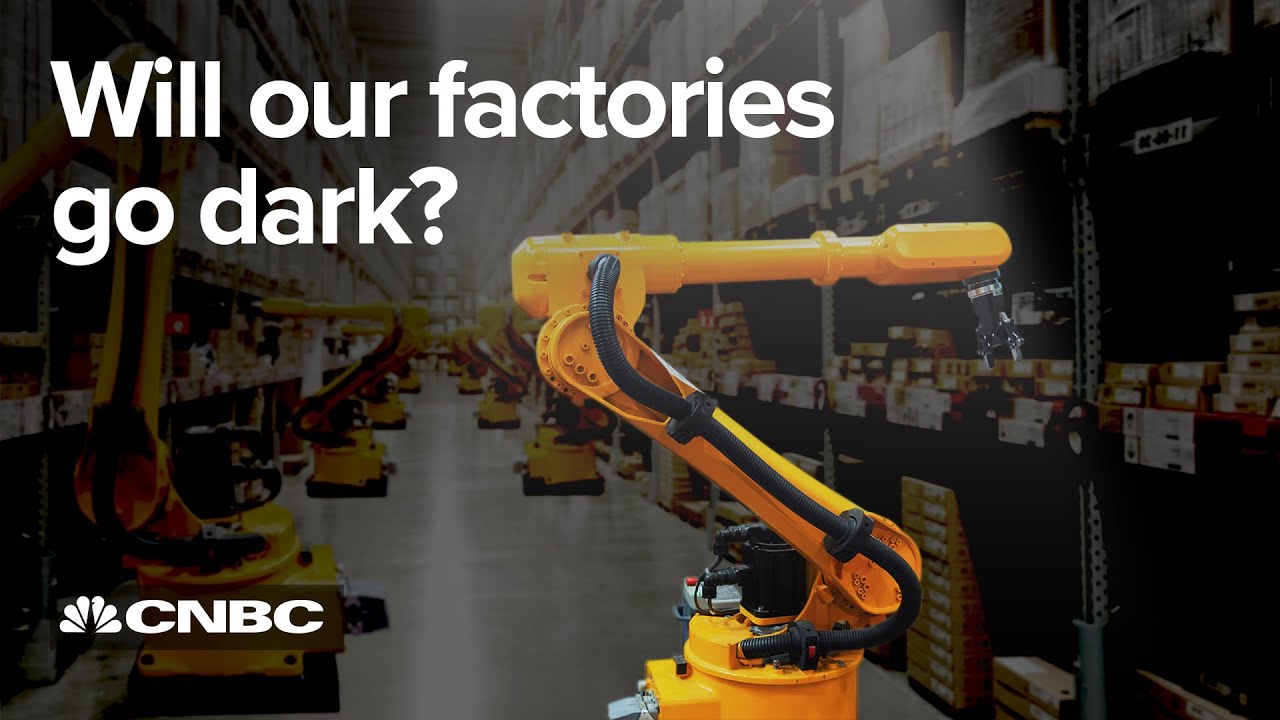
The implementation of AI in the manufacturing sector brings about a plethora of advantages that have the potential to radically transform the field. Here are some key benefits:
-
Enhanced Productivity: By simplifying computations, automating various tasks, and offering crucial insights, AI significantly amplifies worker productivity.
-
Superior Quality Control: The ability of AI to identify minuscule errors and inconsistencies boosts defect detection by up to 90%, thereby elevating product quality.
-
Proactive Maintenance: Continuous monitoring of equipment by AI algorithms allows for prediction of maintenance requirements, averting expensive malfunctions and ensuring seamless production.
-
Inventory Regulation: Generative AI aids in optimizing inventory quantities, predicting demand, and curtailing surplus stock, which in turn minimizes storage costs and maximizes profits.
-
Energy Conservation: By analyzing energy usage patterns and suggesting energy-conservation measures, AI contributes towards more sustainable and cost-efficient operations.
-
Optimization of Supply Chain: The integration of AI into manufacturing processes extends its benefits to the entire supply chain through cost-effective supplier options, logistics optimization, and reduction in lead times.
-
Direct Task Automation: Complex tasks can be fully automated with AI, leading to reduced operational expenses and allowing swift modifications in production plans based on schedules.
-
Round-the-Clock Production: Robots powered by AI can operate continuously without breaks, resulting in enhanced production efficiency and minimized downtime.
-
Safety Measures: The integration of advanced sensory equipment with AI devices augments safety protocols within manufacturing environments.
-
Reduced Operational Expenses: Despite initial capital investments required for implementing AI, it leads to decreased operating costs over time due to automation and proactive maintenance capabilities.
-
Prompt Decision Making: The combination of cloud computing with AI facilitates real-time data sharing for quick decision-making processes and improved production activities.
These advantages underscore how the adoption of AI technology can revolutionize manufacturing processes by improving efficiency, quality control, proactive maintenance, and overall operational efficacy.


